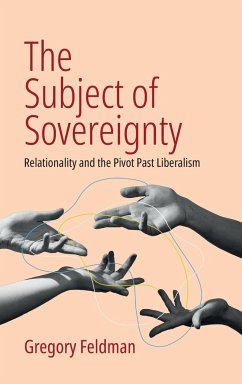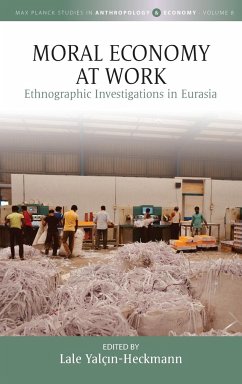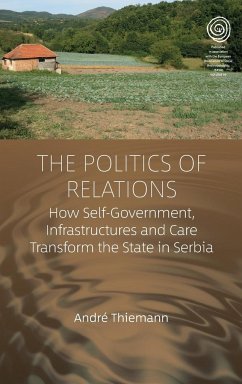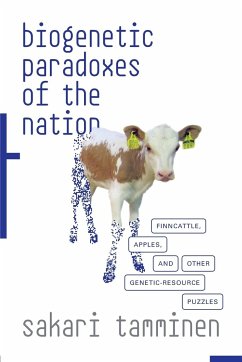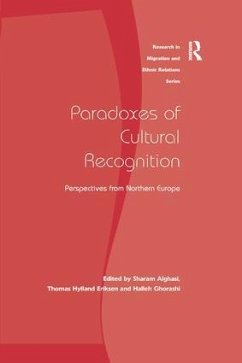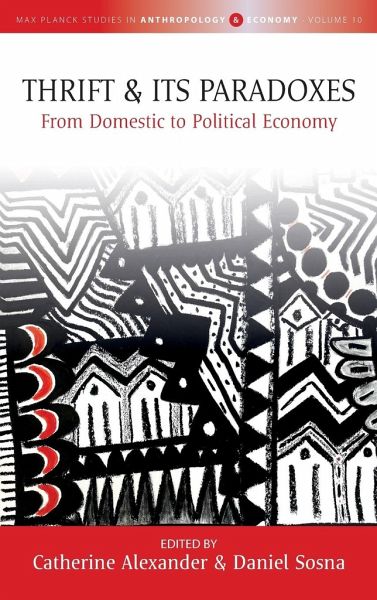
Thrift and Its Paradoxes
From Domestic to Political Economy
Herausgeber: Alexander, Catherine; Sosna, Daniel
Versandkostenfrei!
Versandfertig in 1-2 Wochen
131,99 €
inkl. MwSt.

PAYBACK Punkte
66 °P sammeln!
Thrift is a central concern for most people, especially in turbulent economic times. It is both an economic and an ethical logic of frugal living, saving and avoiding waste for long-term kin care. These logics echo the ancient ideal of household self-sufficiency, contrasting with capitalism's wasteful present-focused growth. But thrift now exceeds domestic matters straying across scales to justify public expenditure cuts. Through a wide range of ethnographic contexts this book explores how practices and moralities of thrift are intertwined with austerity, debt, welfare, and patronage across va...
Thrift is a central concern for most people, especially in turbulent economic times. It is both an economic and an ethical logic of frugal living, saving and avoiding waste for long-term kin care. These logics echo the ancient ideal of household self-sufficiency, contrasting with capitalism's wasteful present-focused growth. But thrift now exceeds domestic matters straying across scales to justify public expenditure cuts. Through a wide range of ethnographic contexts this book explores how practices and moralities of thrift are intertwined with austerity, debt, welfare, and patronage across various social and temporal scales and are constantly re-negotiated at the nexus of socio-economic, religious, and kinship ideals and praxis.




